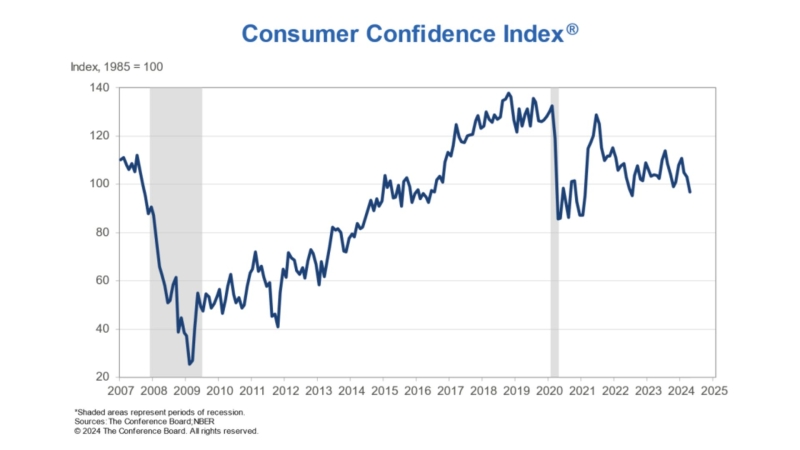
HUD OKs Private Flood Insurance Options For Homeowners

FHA to allow private flood insurance policies on insured single-family mortgages in special flood hazard areas.
National organizations for both Realtors and mortgage bankers on Monday praised a decision by the federal government to allow homeowners with Federal Housing Administration-insured mortgage financing to buy flood insurance policies from private insurers.
The U.S. Department of Housing and Urban Development (HUD), through the FHA, announced the change Monday afternoon when it was published in the Federal Register and in a companion Mortgagee Letter that provides implementation guidelines for FHA-approved lenders.
The change takes effect Dec. 21.
With Monday’s publication, FHA will now accept private flood insurance policies where the borrower chooses to obtain a private policy instead of flood insurance available through the National Flood Insurance Program (NFIP). The change applies to all FHA-insured Single Family Title II mortgages, including Home Equity Conversion Mortgages (HECM) and loans insured under FHA’s Title I programs.
Specifically, the final rule updates FHA regulations to allow borrowers the option to purchase a comparable private insurance policy meeting FHA requirements for FHA-insured mortgages secured by properties located in Federal Emergency Management Agency (FEMA)-designated Special Flood Hazard Areas (SFHAs).
Previously, only flood insurance obtained through the NFIP was permissible for FHA-insured mortgages, which limited the choices for consumers.
“Today, HUD is increasing the flood insurance choices available to individuals and families with FHA-insured loans in areas that FEMA has designated to be at special risk for flooding,” said HUD Secretary Marcia L. Fudge. “Flood insurance is required to ensure families and individuals are prepared if disaster strikes. Increasing consumer options for this important protection is one way we are building more resilient communities in the face of climate change.”
“We know borrowers face affordability challenges right now, yet a flood can be devastating to a family who is not properly insured,” added Federal Housing Commissioner Julia Gordon. “The choice to select a private flood insurance option may enable some borrowers to obtain policies that are less expensive or provide enhanced coverage.”
As part of its implementation, as of Dec. 21, FHA will require lenders to provide detailed flood insurance coverage information when electronically submitting mortgages for FHA insurance on properties in SFHAs. This data collection is an objective included in HUD’s Climate Action Plan and will allow FHA to capture and analyze flood insurance information on mortgages in its portfolio at a more granular level than has been possible previously.
Mortgage Bankers Association (MBA) President and CEO Bob Broeksmit, CMB, praised the final rule.
“MBA applauds HUD’s decision to permit lenders to accept private flood insurance policies, a move for which we have long advocated and that will give FHA borrowers who need flood insurance more choices and potentially better coverage at a lower cost,” he said in a statement. “The increasing threat of flood damage in many areas poses a significant risk to both homeowners and the FHA program. Accepting private flood insurance shifts some of the risk to the private market, ultimately helping to protect FHA’s Mutual Mortgage Insurance Fund.”
National Association of Realtors (NAR) President Kenny Parcell also praised the decision.
"The new rule is a victory for consumers, for choice, and for flood coverage that will protect more borrowers and property from the number one natural disaster in the United States,” Parcell said. “NAR has long advocated for an updated rule to address an inequality with conventional borrowers, and this action will increase the flood insurance choices available to FHA borrowers.”
The MBA’s Broeksmit, however, cautioned that the final rule could still be improved.
“Although the final rule is a win for FHA borrowers, there is some concern that the lack of complete alignment with federal flood insurance requirements may lead to the rejection of some flood policies on FHA loans that are acceptable for other federally-backed loans,” he said. “MBA will continue to work with HUD on improvements to housing policies and regulations that benefit borrowers while maintaining the safety and soundness of the FHA program.”
Ensuring that borrowers are protected against flood risk is a key component of HUD’s Climate Action Plan.
In 2021, HUD released its Climate Action Plan in response to President Biden’s Executive Order on Tackling the Climate Crisis at Home and Abroad. HUD has been implementing this broad approach to the climate crisis that seeks to reduce climate pollution; increase resilience to the impacts of climate change; protect public health; deliver environmental justice; and spur well-paying union jobs and economic growth.




